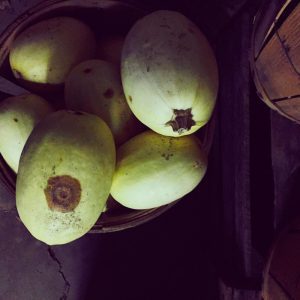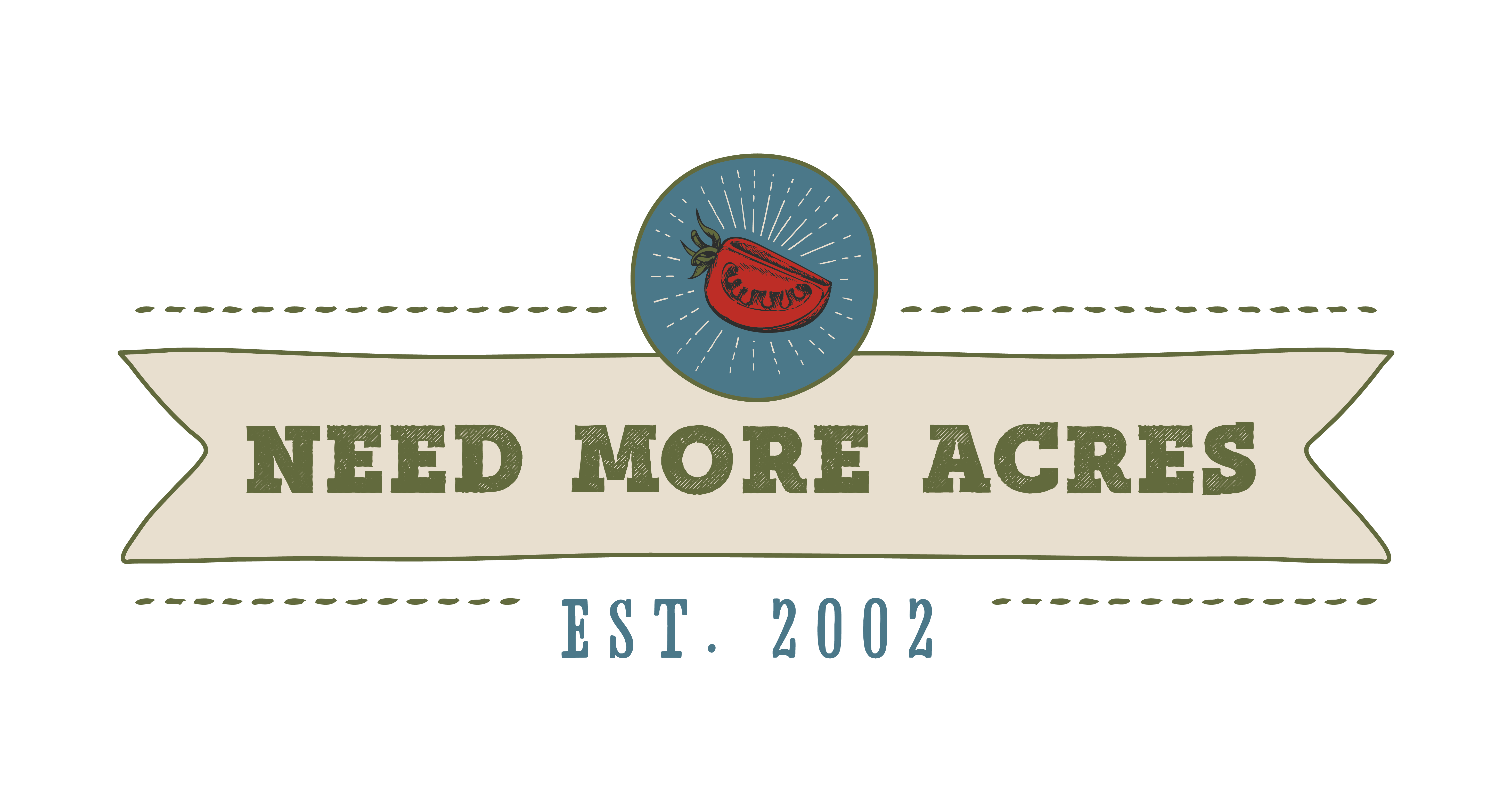We live in a world where we are constantly told, “You’re not good enough. You don’t have enough. Your business is not big enough. Until you have more, nothing in your life will add up to enough.”
So how do we slow down long enough to know when enough is enough?
I think the more important thing to consider is why each of us are likely to make decisions that benefit us financially, but not necessarily meet all of our other basic needs. One of the biggest motivators in my life (and maybe yours as well) can be fear. We are afraid that if we don’t grow a little bit more, take on just a few more jobs, spend a few more hours promoting this or marketing that then we will flat out get left behind. The problem is that over time those little things can turn into something more than we bargained for-leaving family, health, and other life goals with less than enough. A decision to increase our personal financial security can leave our health, family, or community suffering.
I must be honest that I struggle with this and it’s something that takes my very conscious effort. It’s something that Nathan and I, together, have to invest a lot of time, energy and space into. Every day, every week, every year.
When Nathan and I made the decision to farm full-time we took a holistic approach to farm planning. That meant that we didn’t exclusively look at production and income, but rather looked at how our way of making an income effected our ability to take care of ourselves, live within community and parent our children in the most meaningful ways. This was a privilege.
The “just enough” approach to farming allows us to live the lifestyle we want to live while also serving our community in such a way that Nathan can continue being a mentor and I can continue focusing on food system development. It allows us to serve fewer customers in a more focused way while decreasing our competitiveness among other farmers. It’s a win-win for us even if it means sacrificing and letting some opportunities go.
Putting credit where credit is due, we’ve gained just as much wisdom about building a farm business from our non-farming friends. A wise friend once told us, “Put your arms out in front of you. Notice where you end. This is a physical expression of our human limits.” I love that.
Slowly over time-Nathan and I have learned to stop overthinking the idea of full-time farming. It was a difficult leap for us as we had very much been part of the system that most people of our generation were born into. We worked hard and got good grades, went to college, and were pursuing careers that very much appeared to be our dream jobs.
We spend a lot of time talking about what we want to do with this one life we’ve been given. We measure our values and priorities against the realities of life to determine how much work we should take on in order to meet our financial needs. Isn’t that what all of us are really doing? I think what happens is that we often allow the systems we were born into (culture, religion, socioeconomic status, race, family) to determine what our values and priorities should be. If we want to be able to do anything that falls outside the “norm” then we have to be willing to create our own systems based on our own unique self and what we were created to do with our short time here on earth. That takes courage, friends.
In order to motivate ourselves to do that we have to take the time to stop and think.
What that looks like for us is a yearly evaluation of where we are. Are we investing enough time into our relationship with God, one another, our children, the people that we love? Is Nathan getting time away from the farm to go fishing with his dad and Carter? Does I have time for friendships, writing, traveling? Are we contributing physically, mentally, emotionally and financially to our community? Are our children getting the education they need to pursue the life they are being called to? At the end of our lives will we look back and be pleased?
Let me tell you something. If you do not care about these things no one else will either. Your quality of life starts with you making a decision that it matters.
Next we start with a realistic list of things that simply have to be done. Since we are year round farmers we must take into consideration that we will always be doing much more than harvesting. Planning, planting, harvesting, tending to fields and animals is part of our regular routine. There are other parts of our work that will always be there. Managing finances, organizing CSA pickup, marketing, working on equipment. We must be realistic about that because we have young children and everything will take longer than expected. Interruptions and imperfections are a very real part of our life as we raise up the next generation. Because we value community and service we must consider the time and finances that we will devote to both. Our hearts depend on that.
One of the best ways to remain satisfied with “just enough” is to keep your head down and focused on the work right there in front of you. My husband is the best teacher of focus and attention. Another way is to reach out to those who might need your help or who have been right where you are and can offer some encouragement. The most troubling thing you can do is to look to the right and look to the left comparing your enough to someone else’s enough. That only brings heartbreak.
We live in this privileged society where we rarely know the longing that many others experience day to day. To be part of a food system where imperfection becomes an accepted part of our daily lot has become something I’ve learned to be very, very thankful for.


